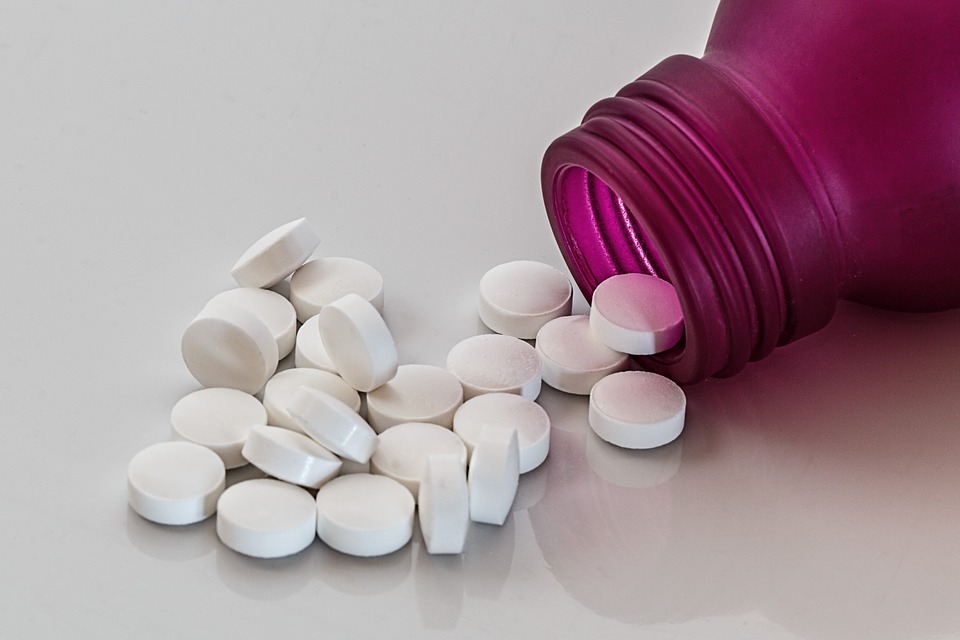The Pharmaceutical Impurity Reference Standards are used to compare the levels of impurities in drugs, and they are made by combining a mixture of two or more substances. Pharmaceutical companies have begun using these reference standards to evaluate their manufacturing processes to meet regulatory requirements. This article provides three points about Pharmaceutical Impurity Reference Standards that you should know before reading on:
1) Pharmaceutical Impurity Reference Standards are created by mixing different chemicals
2) It can be used for drug analysis
3) it is often abbreviated as PRS
Pharmaceutical Impurity Reference Standards are a set of substances used for quality control in the pharmaceutical industry. The impurities can be introduced at any stage in the manufacturing process, but they are most common during the synthesis and formulation stages. They can have many different effects on drugs, including producing toxic side effects, lowering efficacy, or even causing allergic reactions to patients who take them.
